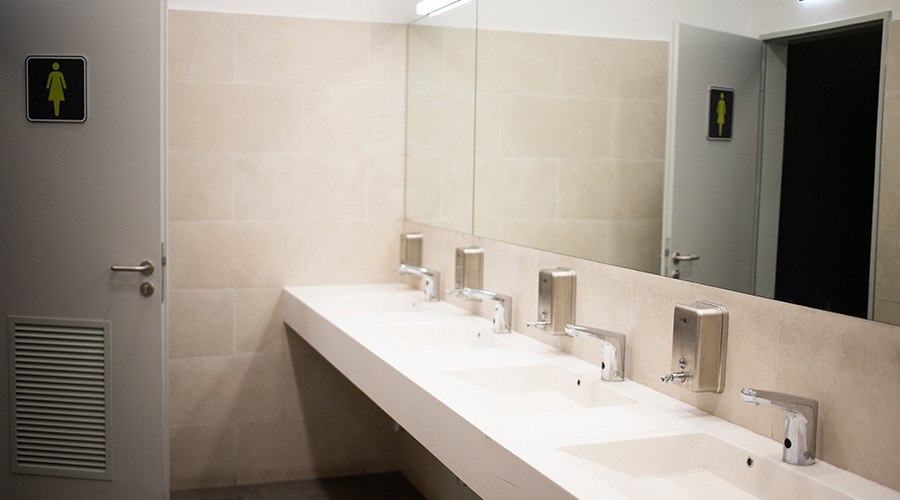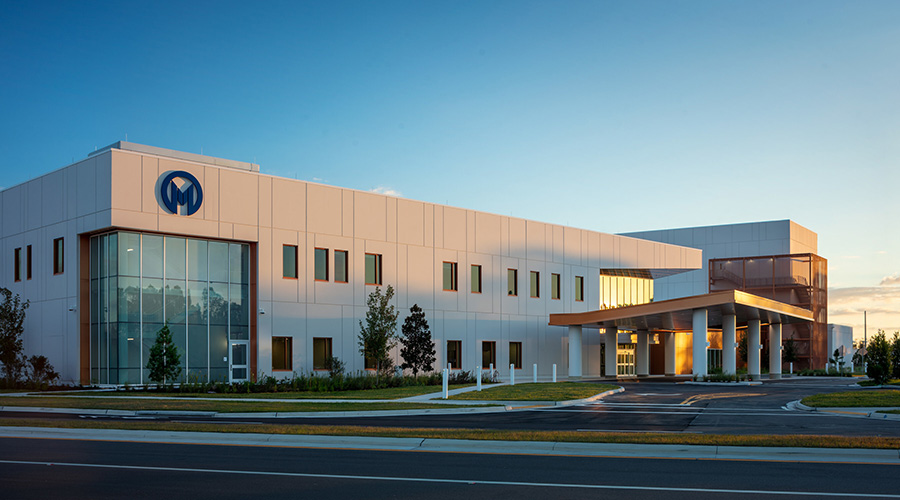The U.S. Centers for Disease Control and Prevention revised its infection prevention and control recommendations related to COVID-19. To address asymptomatic and pre-symptomatic transmission, CDC recommended that healthcare facilities “…implement source control for everyone entering a healthcare facility (e.g., healthcare personnel, patients, visitors), regardless of symptoms…”
Source control involves having people wear a cloth face covering or facemask over their mouth and nose to contain their respiratory secretions and thus reduce the dispersion of droplets from an infected individual. This will decrease the possibility that anyone with unrecognized COVID-19 infection will expose others and will allow organizations to forgo contact tracing if a case is identified.
For source control to be effective, it requires that everyone wear a mask within healthcare buildings to prevent droplet and (to a lesser degree) aerosol spread of respiratory viruses such as COVID-19. The Joint Commission supports the CDC’s recommendations.
The Joint Commission believes that universal masking within healthcare settings is a critical tool to protect staff and patients from being infected by asymptomatic and presymptomatic individuals and should be implemented in any community where coronavirus is occurring.
Even a single case of community spread of COVID-19 means that healthcare facilities and staff are at risk because other asymptomatic and presymptomatic patients may come in for care and inadvertently infect staff. This document summarizes key steps and provides materials that may be helpful in implementing this recommendation.
Patients and Visitors All patients and visitors should be instructed to wear a cloth mask when entering any healthcare building. If they arrive without a cloth mask, one should be provided. If there is a sufficient supply of medical grade facemasks one may be provided instead of a cloth mask. In accordance with CDC recommendations, facemasks and cloth face coverings should not be placed on young children under age 2, anyone who has trouble breathing, or anyone who is unconscious, incapacitated or otherwise unable to remove the mask without assistance.
Patients may remove their cloth face covering when in their rooms but should put them back on when leaving their room or when others (e.g., HCP, visitors) who are not wearing a mask enter the room. If available, organizations should consider switching patients with respiratory symptoms (e.g., cough or sneeze), including patients with confirmed COVID-19, to a medical grade facemask.
Healthcare Personnel Facility workers should wear at least a cloth mask when leaving their home, per CDC recommendations. When providing direct patient care to any patient they should don a “medical grade” (official PPE) facemask or respirator depending on the care provided.
The CDC says, “Cloth face coverings are not considered PPE because their capability to protect healthcare personnel (HCP) is unknown.” Healthcare personnel who provide support services but do not provide direct patient care should also wear a facemask, but in order to conserve supplies the facemask can be cloth. Outbreaks of COVID have
 What Lies Ahead for Healthcare Facilities Managers
What Lies Ahead for Healthcare Facilities Managers What's in the Future for Healthcare Restrooms?
What's in the Future for Healthcare Restrooms? Hammes Completes the Moffit Speros Outpatient Center
Hammes Completes the Moffit Speros Outpatient Center The Top Three Pathogens to Worry About in 2026
The Top Three Pathogens to Worry About in 2026 Blackbird Health Opens New Pediatric Mental Health Clinic in Virginia
Blackbird Health Opens New Pediatric Mental Health Clinic in Virginia